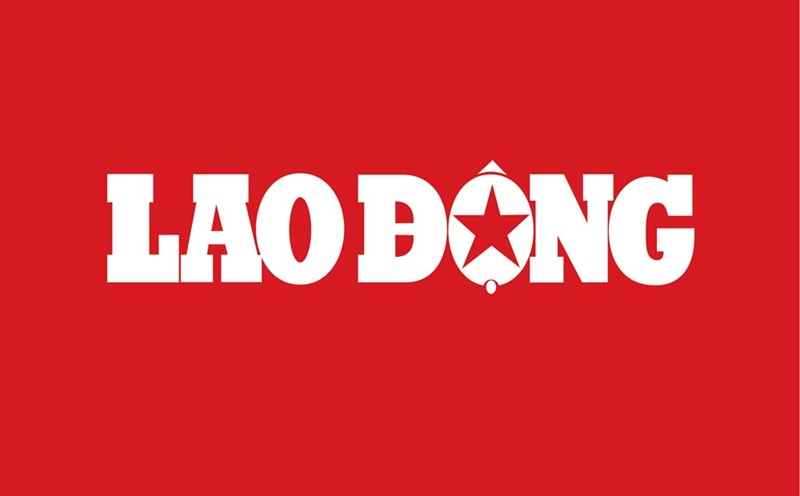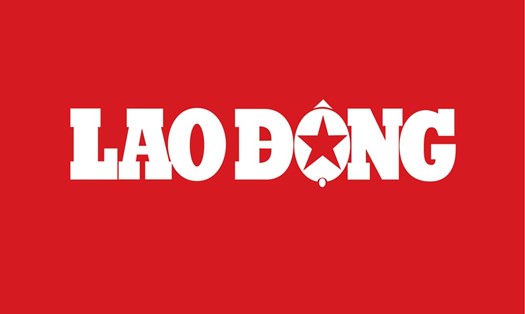Bulgaria has announced that it could temporarily suspend the transport of Russian gas to Central Europe if Gazprom fails to find a payment solution in the context of US sanctions.
This is the latest turning point in the future of European energy supplies, with gas demand set to increase in the winter months, according to Bloomberg. Europe is still receiving Russian gas via the pipeline and any potential disruption could affect the general market.
Bulgaria has the TurkStream pipeline to transport gas to Serbia and Hungary, with much of the pipeline's capacity set by Gazprom.
However, Gazprom uses Gazprombank to pay operator Bulgartransgaz. Gazprombank is currently subject to US sanctions.
Energy Minister Vladimir Malinov told reporters in the capital capital capital capital capital: Bulgartransgaz will strictly implement the contract and will not allow gas transportation if the service is not paid for.
Earlier this month, Russia was forced to change gas payment procedures for foreign buyers over concerns that US sanctions would lead to a halt in supplies.
The European Union is also seeking to reduce the impact of sanctions to preserve Russian gas supplies to the bloc. Hungary has expressed concern that the measures threaten its energy security and has asked the US for an exemption.
The gas pipeline through Bulgaria carries nearly 18 billion cubic meters of gas to Serbia and Hungary each year. Some of this gas also serves other countries in the western Balkan. Bulgaria has received transit fees of up to more than $750 million since the pipeline was fully deployed in early 2022.
According to Minister Malinov, Bulgartransgaz has so far received all due payments. He also noted that there is still time to resolve the issue as US sanctions come into effect on December 20. He added that gas supplies for December could be guaranteed.
We are waiting for a proposal from Gazpromexport, the Russian suppliers export arm, he added.
Bulgaria, along with Poland, was one of the first countries in the EU to have its supplies of Russian gas cut off via pipeline in April 2022 after the Kremlin demanded payments in rubles. Last year, the Balkan country tried to impose a price tax of around 20% on all Russian gas transited but was forced to abandon it under pressure from Hungary.
In addition, a transit agreement for Russian gas to other EU countries via Ukraine expires at the end of this year, raising further questions about the ability to continue Russian gas flows. Once the transit agreement through Ukraine expires, TurkStream will effectively be Russia's only important pipeline gas supply to Europe.











